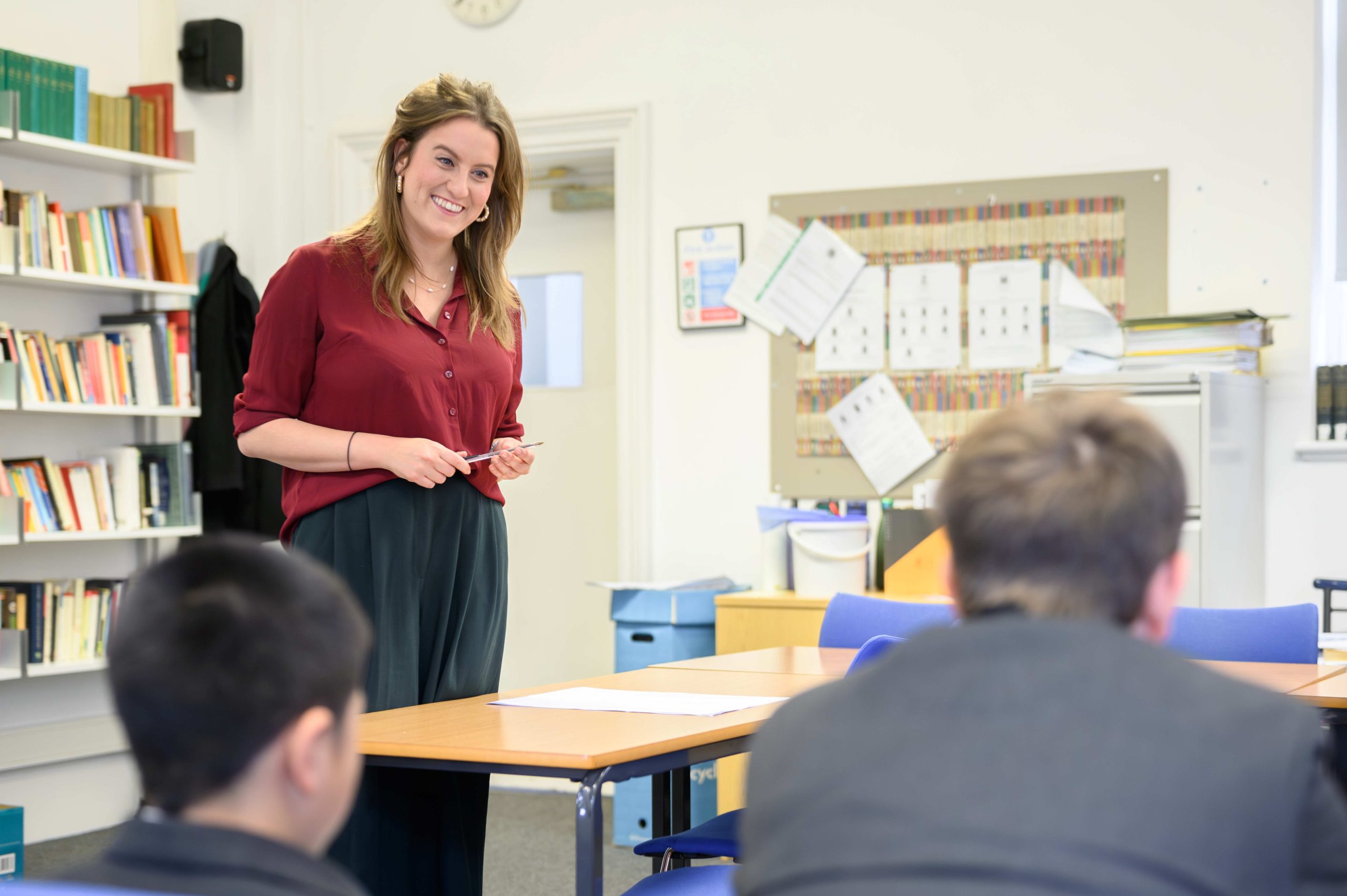Our Fifth Form (Year 9) English course encourages pupils to be excellent readers of texts, people, and situations. The course takes in literature ranging from Sir Gawain and the Green Knight to contemporary fiction, Shakespeare and sci-fi. This breadth of reading fosters empathy and imagination as well as careful comprehension. Pupils are taught to express themselves in class and on paper, with clarity, verve and consideration. They respond to texts with analytical writing and in creative formats including stories, podcasts and visual works.
Alongside the academic course, pupils complete a Reading Certificate, reading six stretching works outside of lessons in order to foster their interests and embed their reading habits.
All pupils go on to study the Cambridge International English – First Language IGCSE and Cambridge International English Literature IGCSE.
The English Language course equips them to analyse a vast range of texts, studying fictional and non-fictional works. Pupils hone their expressive skills and are taught to write in a variety of forms, including persuasive speeches and vivid storytelling.
The English Literature course provides pupils with a brilliant breadth of reading, taking in a Shakespeare play alongside a 20th-century drama and major prose and poetic works. Our pupils study such plays as Othello or Twelfth Night, alongside works by Chimamanda Ngozi Adichie, Ted Hughes, and Jhumpa Lahiri in preparation for their exams.
Beyond the examined syllabus, each teacher introduces their class to a wealth of wider reading, tailored to the group’s interests and the teacher’s expertise. Recent class reads for GCSE classes have included short stories by Tolstoy, Chekhov, and Gogol, Aravind Adiga’s The White Tiger and Tim O’ Brien’s war memoir The Things They Carried.

